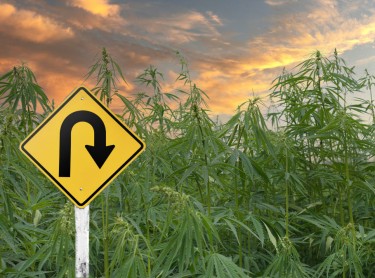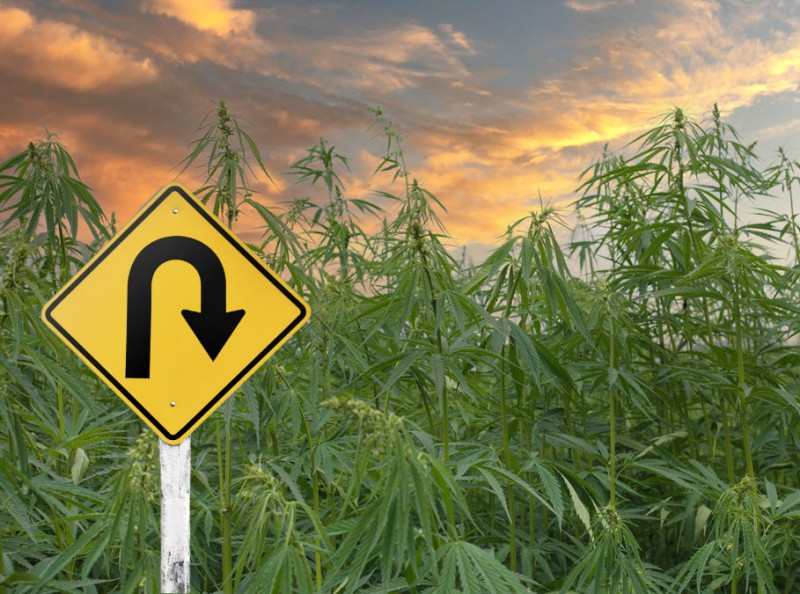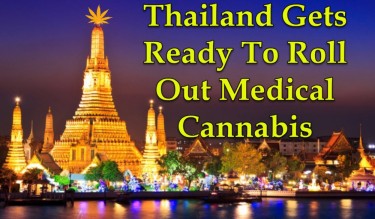
What Thai Legalization Teaches Us About People
The intricate relationship between Asian countries and cannabis is one fraught with complexities and stark contrasts. In regions where conservatism in drug policies has long been the norm, the stance on cannabis has historically been uncompromisingly strict. In some nations, such as Singapore, the laws are so severe that cannabis possession can lead to the death penalty. Meanwhile, in places like Hong Kong, even CBD, a non-psychoactive component of cannabis, is outlawed, reflecting the overarching conservative viewpoint towards this plant.
This stringent attitude towards cannabis in Asian countries is rooted in a deep-seated cultural and political conservatism that often views cannabis in the same light as more dangerous, hard drugs. The societal implications of cannabis use in these regions are significant, with users facing not only legal repercussions but also substantial social stigma.
Observing the Cannabis Shift in Thailand: A Sign of Changing Times
The sudden proliferation of dispensaries and grow operations in Thailand following its decriminalization of cannabis in 2022 is a testament to the pent-up demand for the plant. This remarkable surge paints a vivid picture of a population eager to embrace cannabis, not just as a recreational substance but also as a potential medical boon. Despite the new conservative government's efforts to limit recreational use, the burgeoning interest in medical cannabis is indicative of a shifting paradigm in the nation's relationship with the plant.
The rapid growth of the cannabis industry in Thailand, a country previously known for its conservative drug laws, challenges long-standing perceptions and reflects a broader global trend towards embracing cannabis. This change is significant, especially in a region where cannabis has often been lumped together with more harmful substances under stringent drug policies. The readiness with which Thai citizens have engaged with the newly accessible cannabis market suggests a deep-rooted desire for change, both in terms of personal freedom and healthcare options.
The move towards legalizing cannabis for medical use, even under a conservative government, signifies a crucial step in redefining the nation's stance on drug policy. It marks a departure from a purely punitive approach towards a more nuanced approach in general.
The Sticky Bottom Line
As humanity stands on the cusp of a transformative era, the differing approaches to drug policy between Asian countries and the West present a fascinating contrast that could significantly shape our collective future. While Western nations increasingly embrace the potential of psychedelics and alternative medicine, Asian countries maintain a strict stance against drug use.
This divergence in ideology and policy could lead to intriguing dynamics in global relations, public health, and cultural exchange in the decades to come.
In the West, we're witnessing a renaissance of psychedelic research and a growing acceptance of cannabis for both medicinal and recreational purposes. This shift reflects a broader societal trend towards individual liberty and a holistic approach to wellness.
Countries like the United States, Canada, and several European nations are not only decriminalizing the use of certain substances but are also integrating them into healthcare systems as legitimate treatments for various mental health conditions. The re-emergence of psychedelics like psilocybin and MDMA in therapeutic settings is particularly noteworthy, offering new hopes for treating ailments that traditional medicines often fail to address effectively.
Contrastingly, most Asian countries adhere to a hardline, zero-tolerance policy on drugs. Rooted in historical, cultural, and political contexts, this approach emphasizes strict law enforcement, severe penalties, and in many cases, a societal stigma against drug use.
Nations like Singapore, China, and Japan are known for their stringent anti-drug laws, reflecting a broader cultural ethos that prioritizes social harmony and collective well-being over individual liberties in this domain.
As the West moves towards a more permissive stance on drugs, particularly psychedelics, and alternative medicine, it's intriguing to speculate how this divergence will play out. One possible outcome is the creation of two distinct blocks with fundamentally different approaches to healthcare, mental wellness, and law enforcement.
This could lead to unique challenges and opportunities in international relations, as each block navigates the complexities of diplomacy, trade, and cultural exchange under differing legal frameworks.
The Asian approach, rooted in stringent control, could continue to ensure low drug usage rates and the social order that these nations value. However, it may also lead to challenges in addressing mental health issues and pain management, areas where the West is finding promising solutions through controlled psychedelic therapy and medicinal cannabis.
On the other hand, the Western model, while offering progressive solutions in healthcare and personal freedom, could face challenges related to substance abuse and the social ramifications of a more liberal drug policy. The potential for increased drug tourism, where individuals travel to countries with lenient drug laws for experiences they cannot legally have in their home countries, could become a point of contention between these blocks.
Furthermore, as Western nations delve deeper into the therapeutic potentials of psychedelics and cannabis, the global conversation on drug policy and mental health treatment could reach new heights. Asian countries might find themselves under increasing pressure to reevaluate their drug policies, especially if the West successfully demonstrates the health and societal benefits of a more liberal approach.
The contrasting drug policies of Asia and the West present a microcosm of a larger global evolution. As humanity grapples with unprecedented challenges and opportunities, the outcomes of these differing approaches will undoubtedly have profound implications. While Asia's stringent stance may maintain social order and traditional values, the West's exploration of psychedelics and alternative medicine could usher in new paradigms in mental health treatment and personal freedom.
This dichotomy may not only influence domestic policies within these regions but could also shape international relations, trade, and cultural exchanges in significant ways.
As we move forward, the key will be in how these distinct approaches interact and influence each other. The West's exploration could lead to groundbreaking treatments and a deeper understanding of consciousness, which might eventually influence Asian perspectives.
Conversely, the Asian approach could serve as a cautionary tale or a model of strict regulation, depending on the outcomes of the West's more liberal policies. Dispensaries in Thailand were popping up by the dozens overnight, so new ideas on pop-up shops like New York is dealing with may be worldwide discussion.
The global community stands at a crossroads.
The path each region chooses regarding drug policy will not only shape its own societal and health outcomes but also impact its relations with the rest of the world. In an increasingly interconnected global society, the ripple effects of these policies will be far-reaching.
Whether these divergent paths will converge or lead to further polarization remains an open question, but one thing is certain: the decisions made today will resonate for decades, influencing generations to come in this rapidly evolving world.






